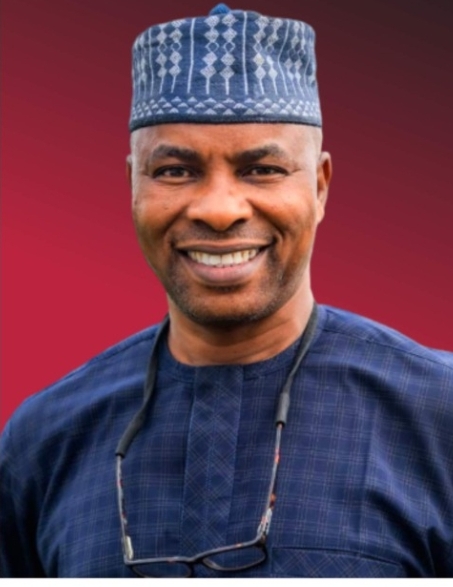By Adl Brand
The subsidy removal in Nigeria was anticipated to bring about significant improvements in various sectors, including road infrastructure, education, and healthcare, even on insecurity. However, almost seven months into Tinubu’s FG, the promised changes are yet to materialize, leaving many Nigerians disillusioned.
Despite assurances, the state of roads has worsened, and concerns about insecurity continue to grow daily. The cost of living has soared, leading to hardships for ordinary citizens while government officials appear insulated from the economic challenges.
It is perplexing that the president made grand promises without a clear plan or solution in place. The lack of tangible progress raises doubts about the effectiveness of the proposed measures. As the nation approaches May 29, 2024, there is a looming fear that more Nigerians will be pushed below the poverty line.
The escalating cost of food items and the anticipated peak in the general cost of goods and services add to the prevailing anxieties. The potential closure of businesses and loss of jobs only deepens the economic crisis, with state governments possibly exacerbating the situation by burdening struggling start-up businesses for revenue.
This concern is heightened in anticipation of the Tinubu administration, where the economic challenges may persist, leading to further hardships for Nigerians. Despite calls to keep faith in the future, the current trajectory paints a grim picture, raising questions about the sustainability of the government’s approach and the impact on the lives of ordinary citizens.
Adl writes from Ekiti State

